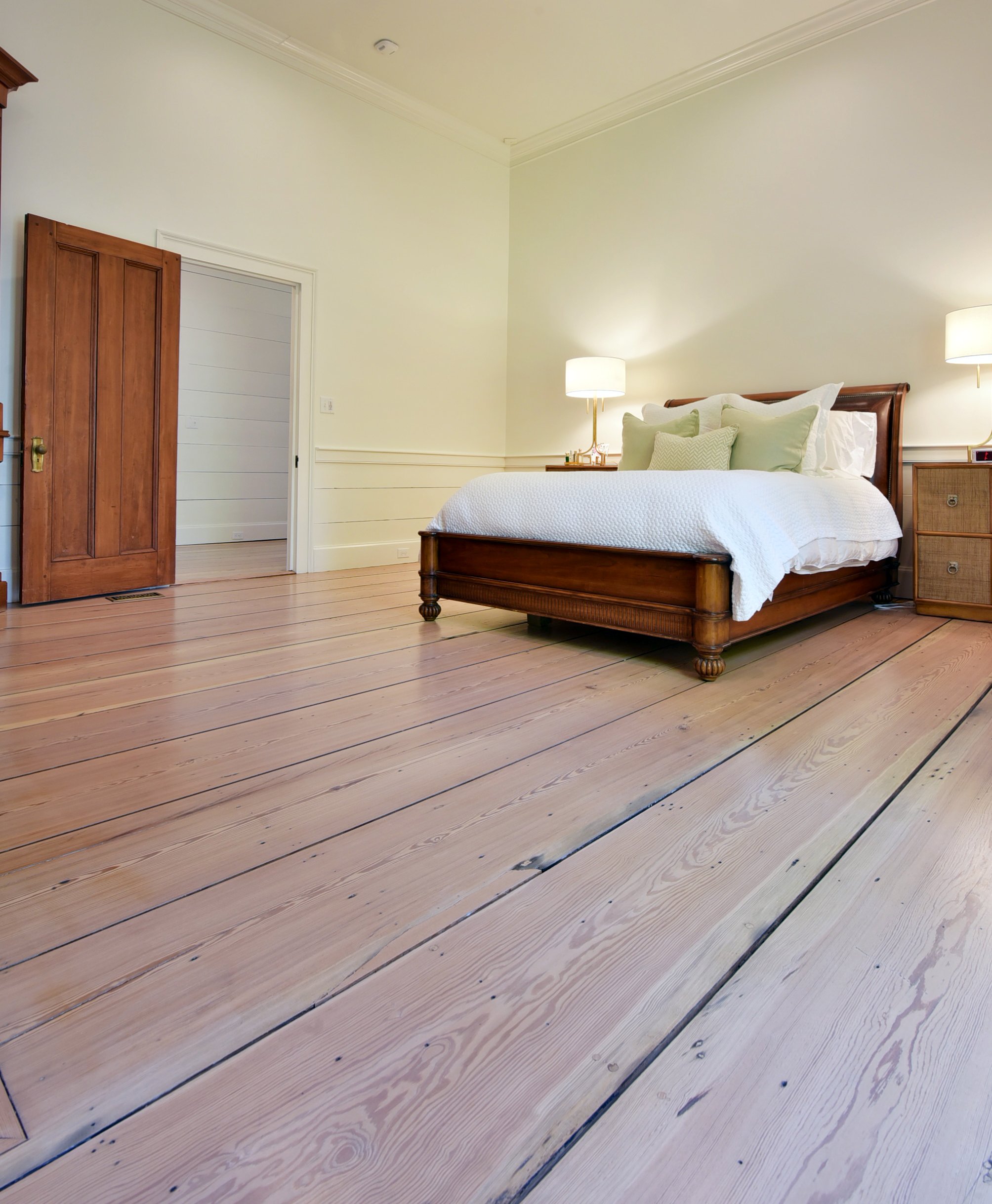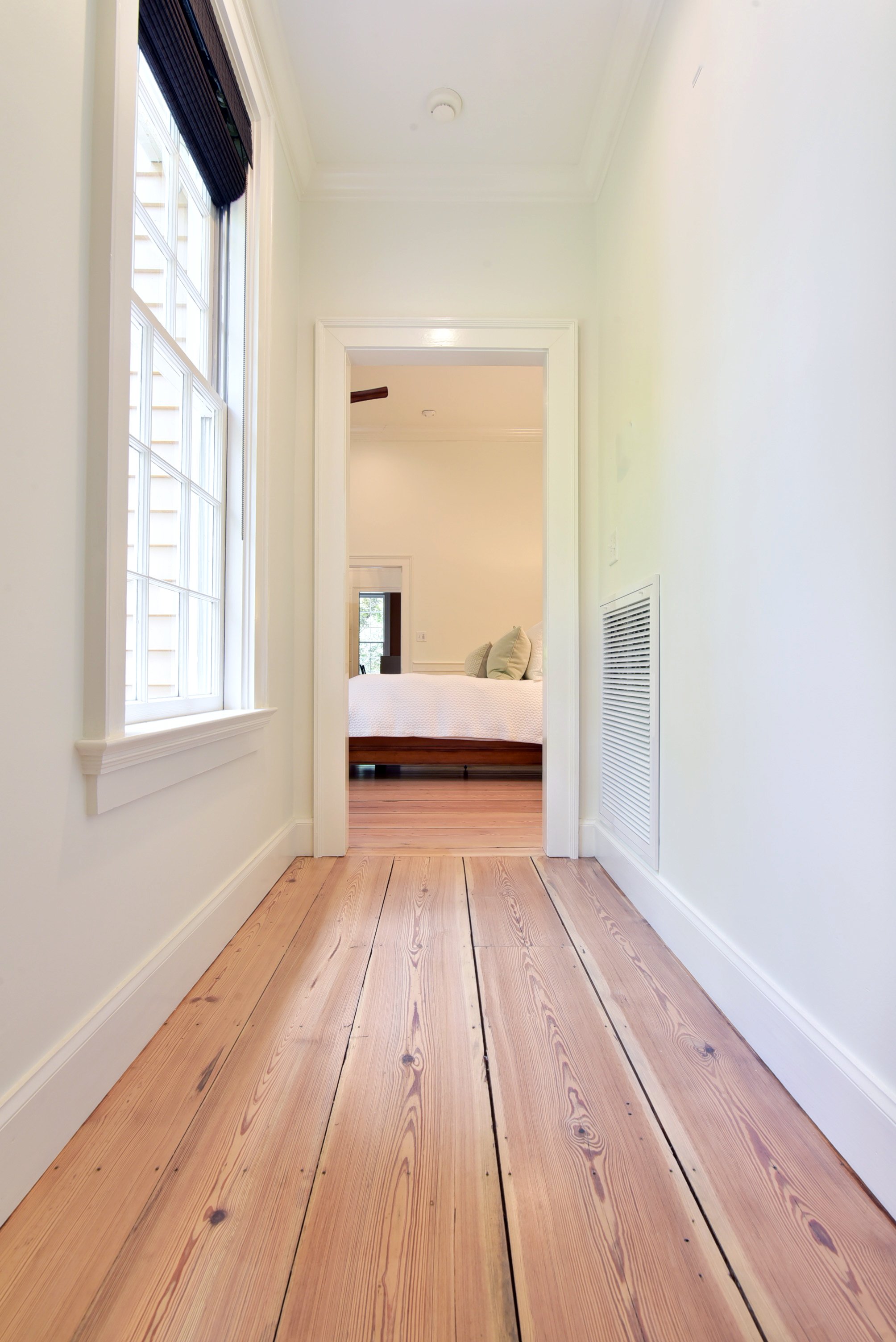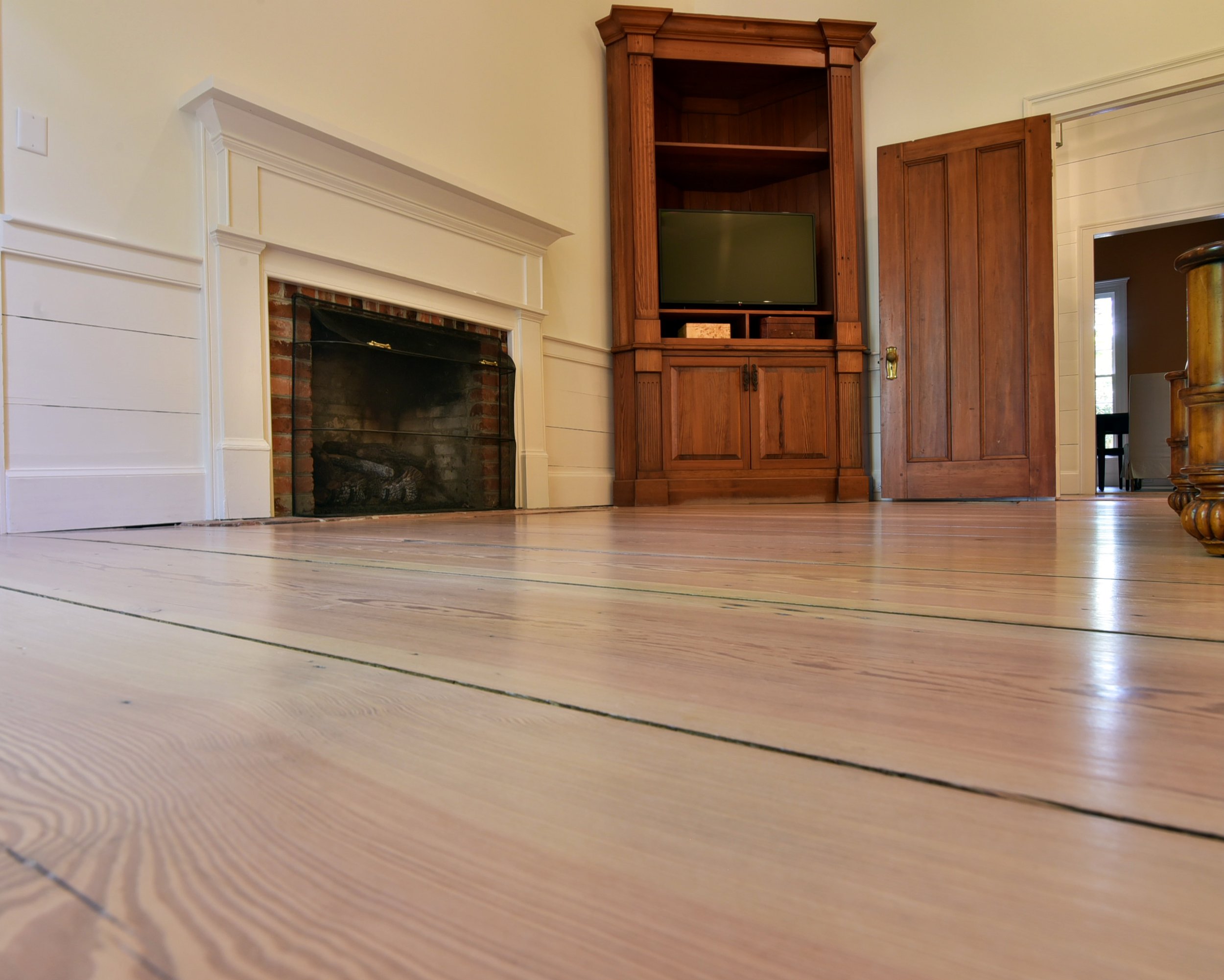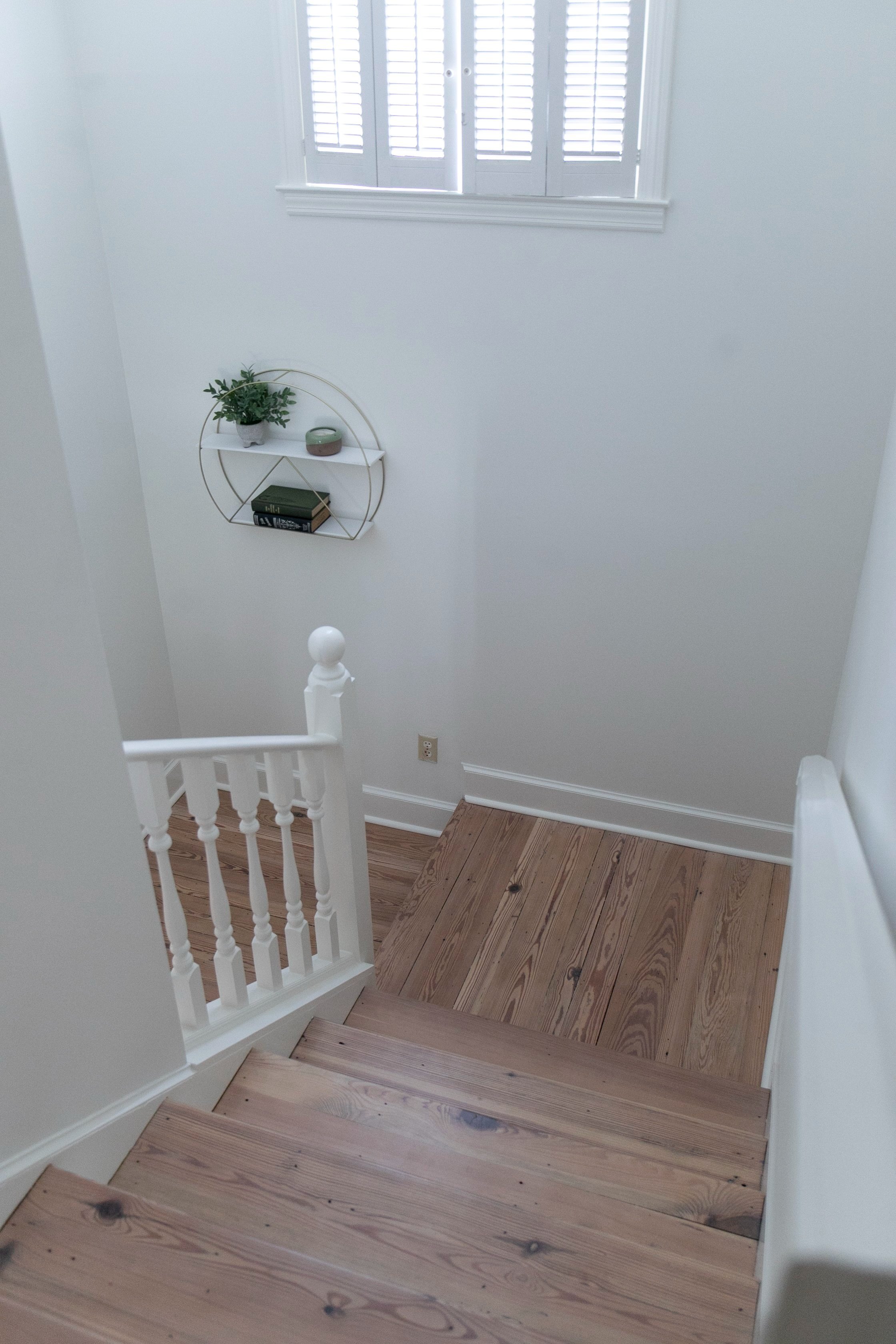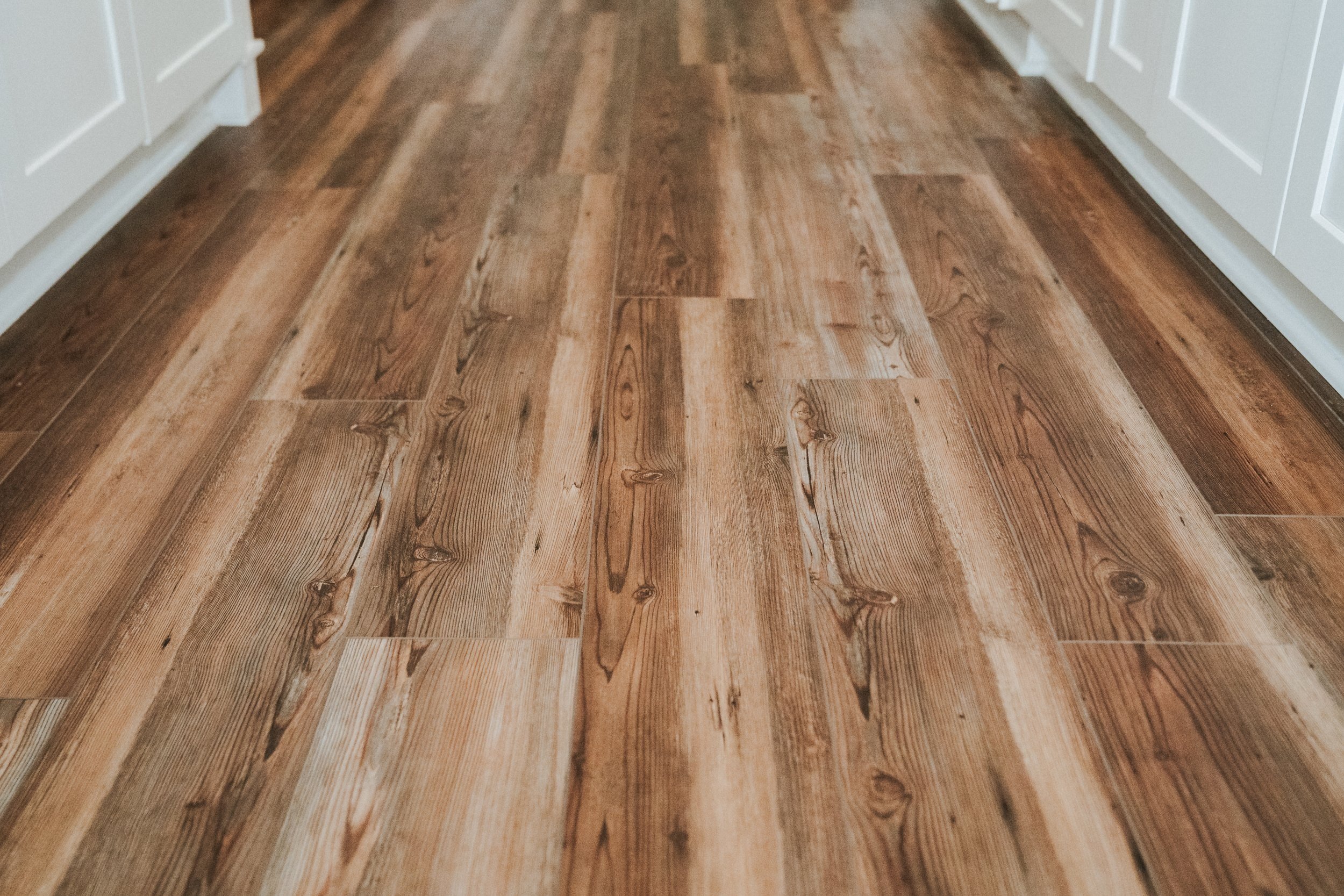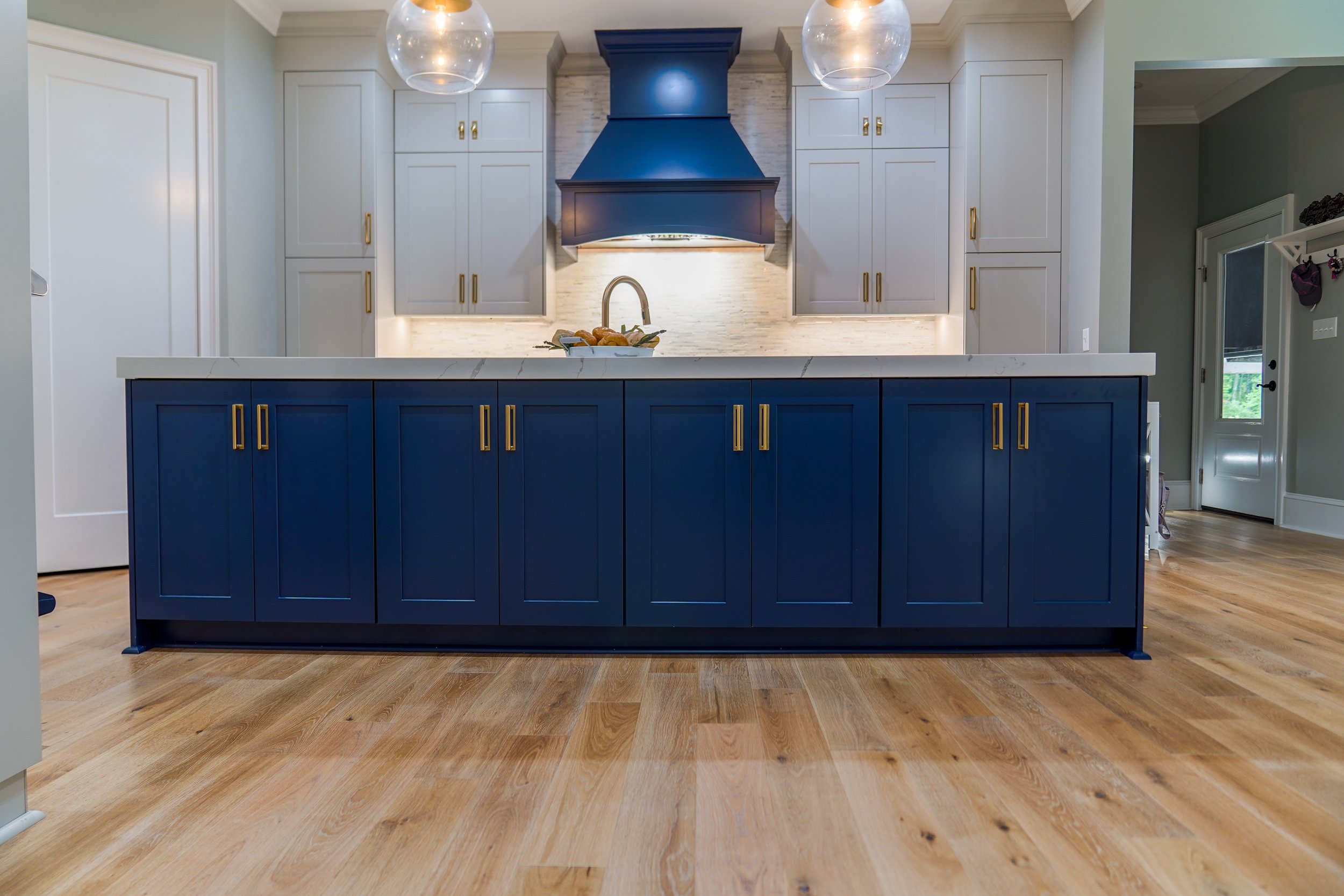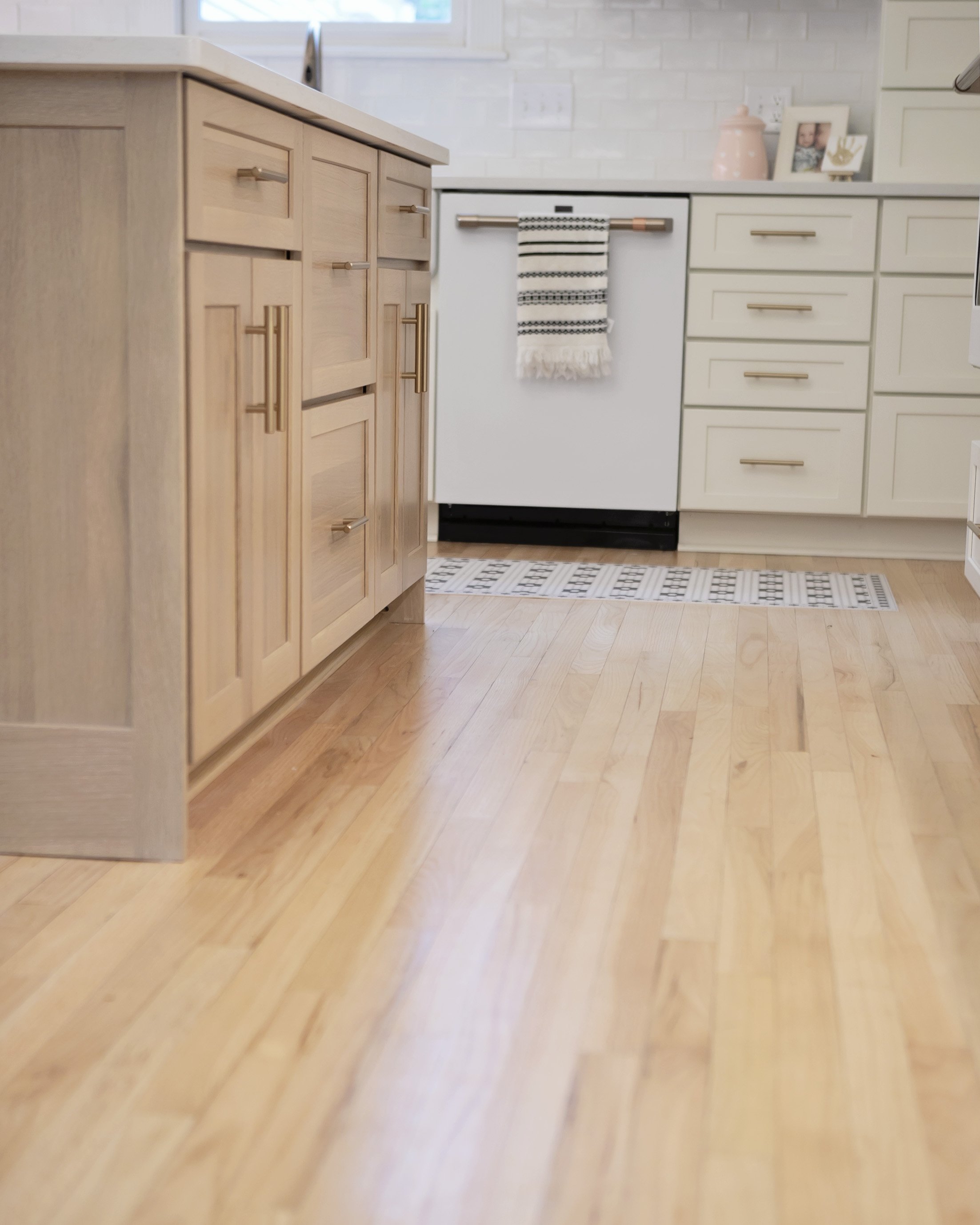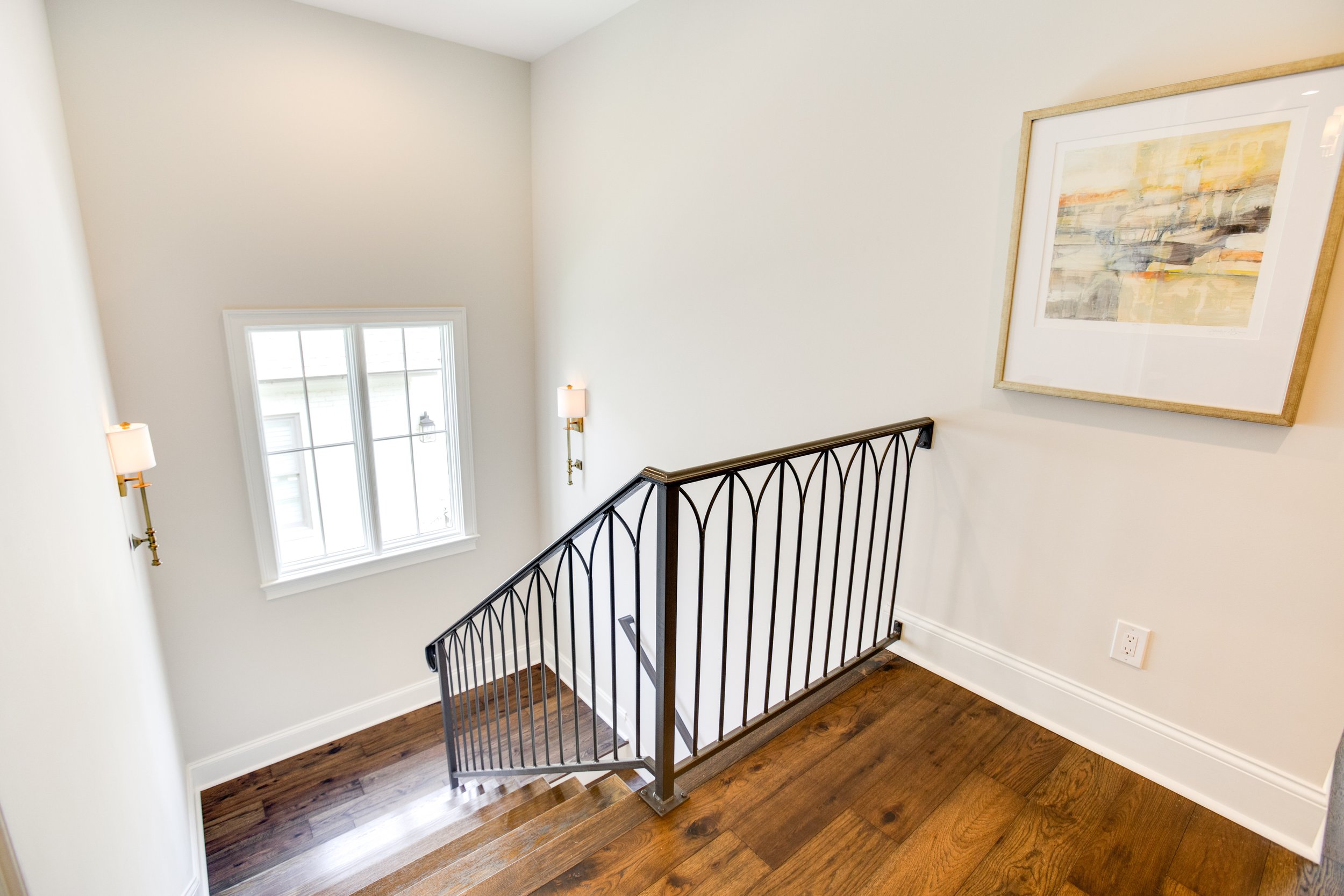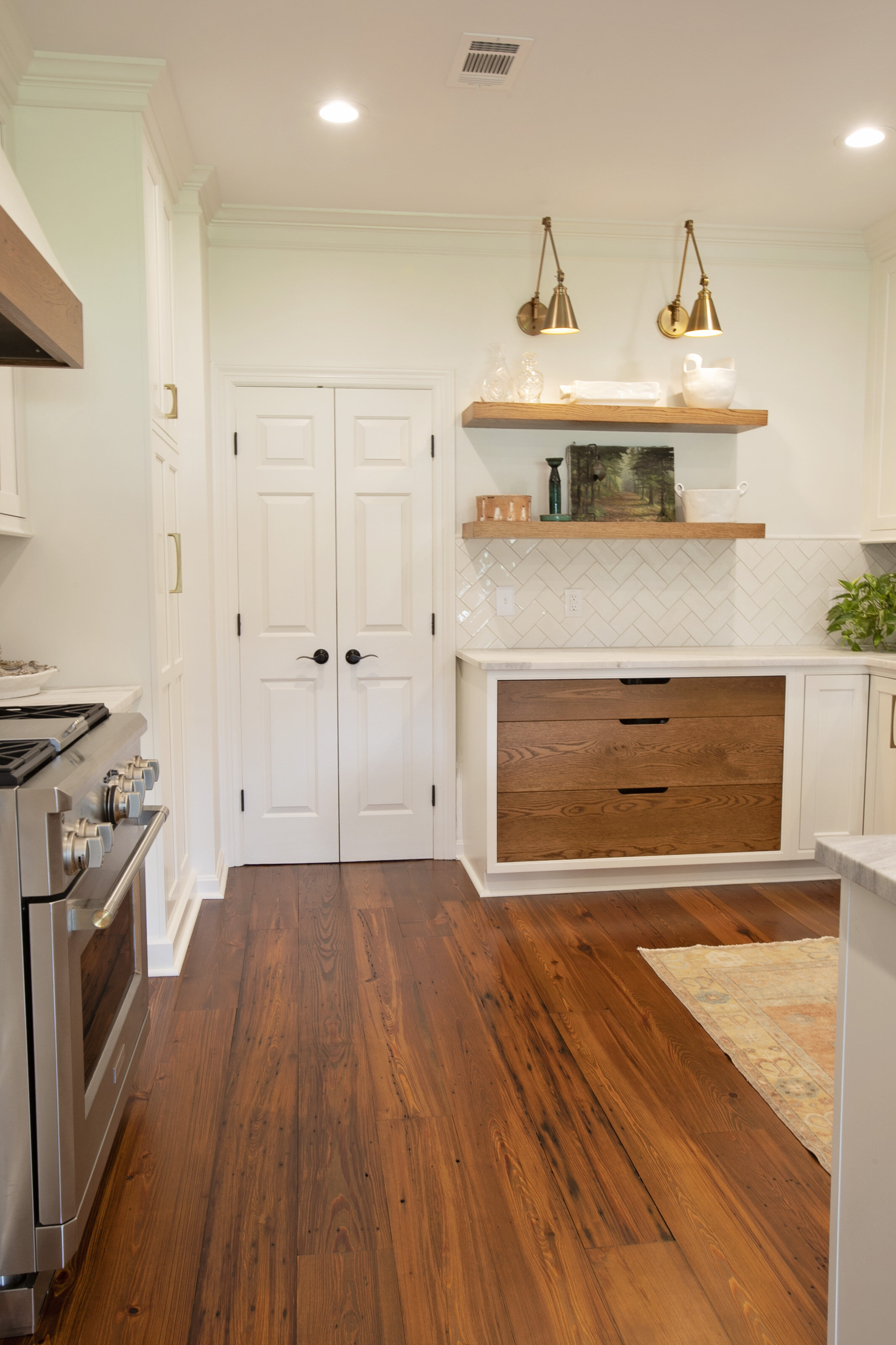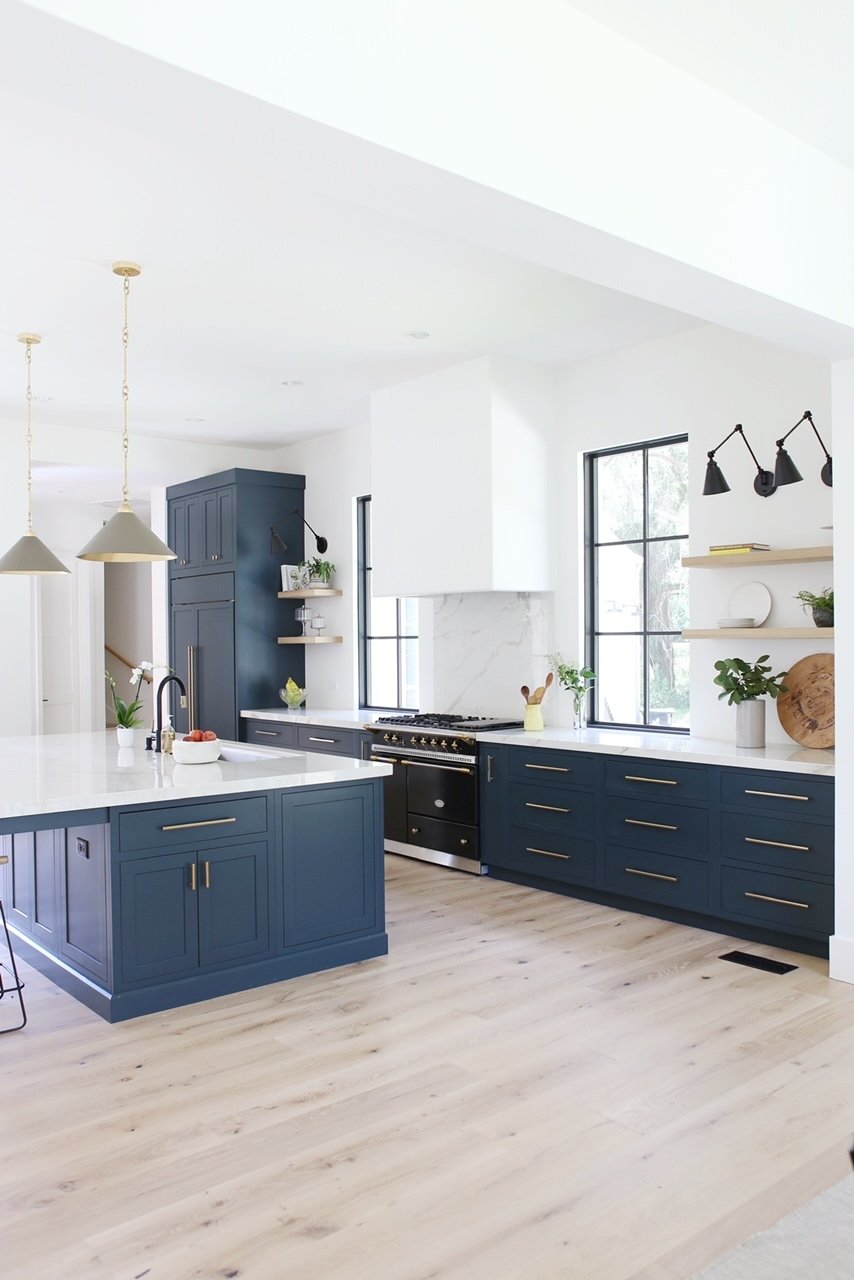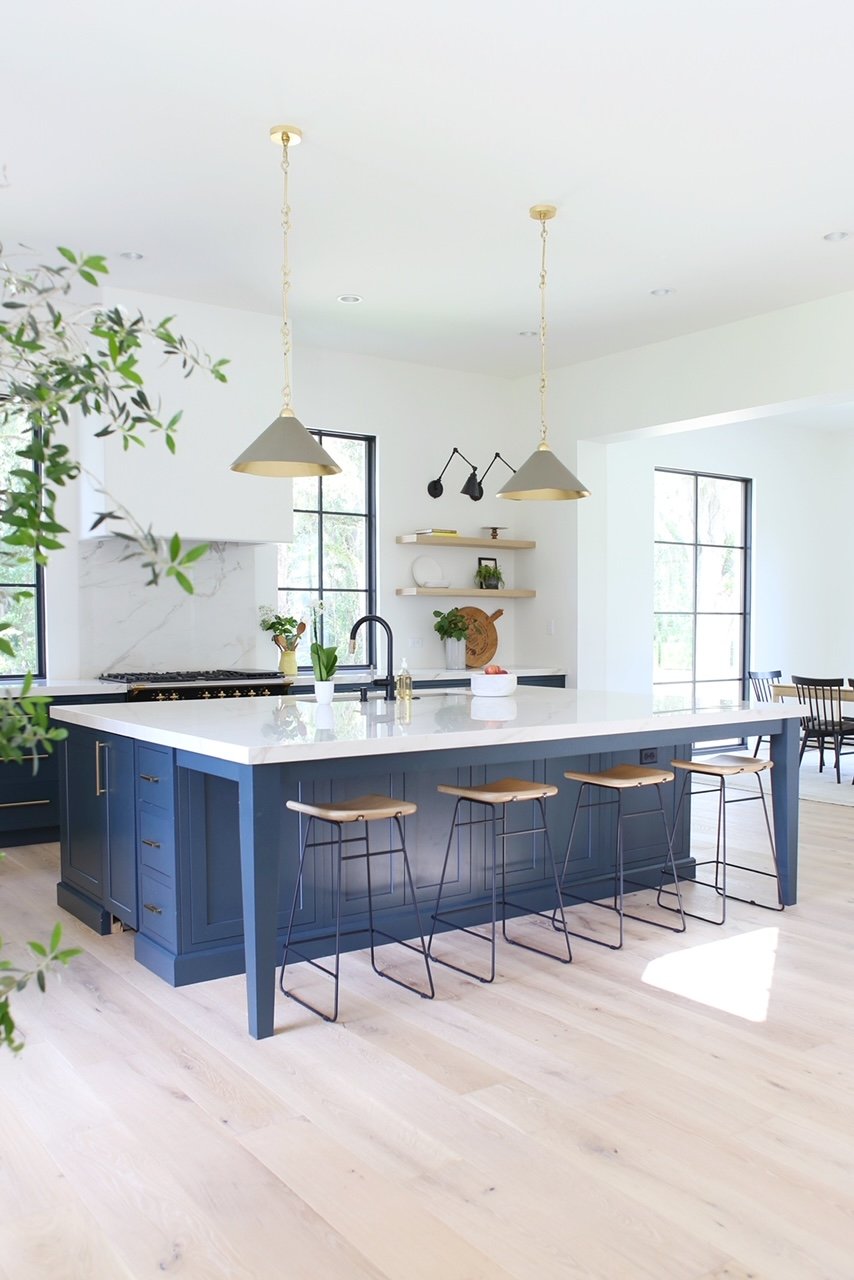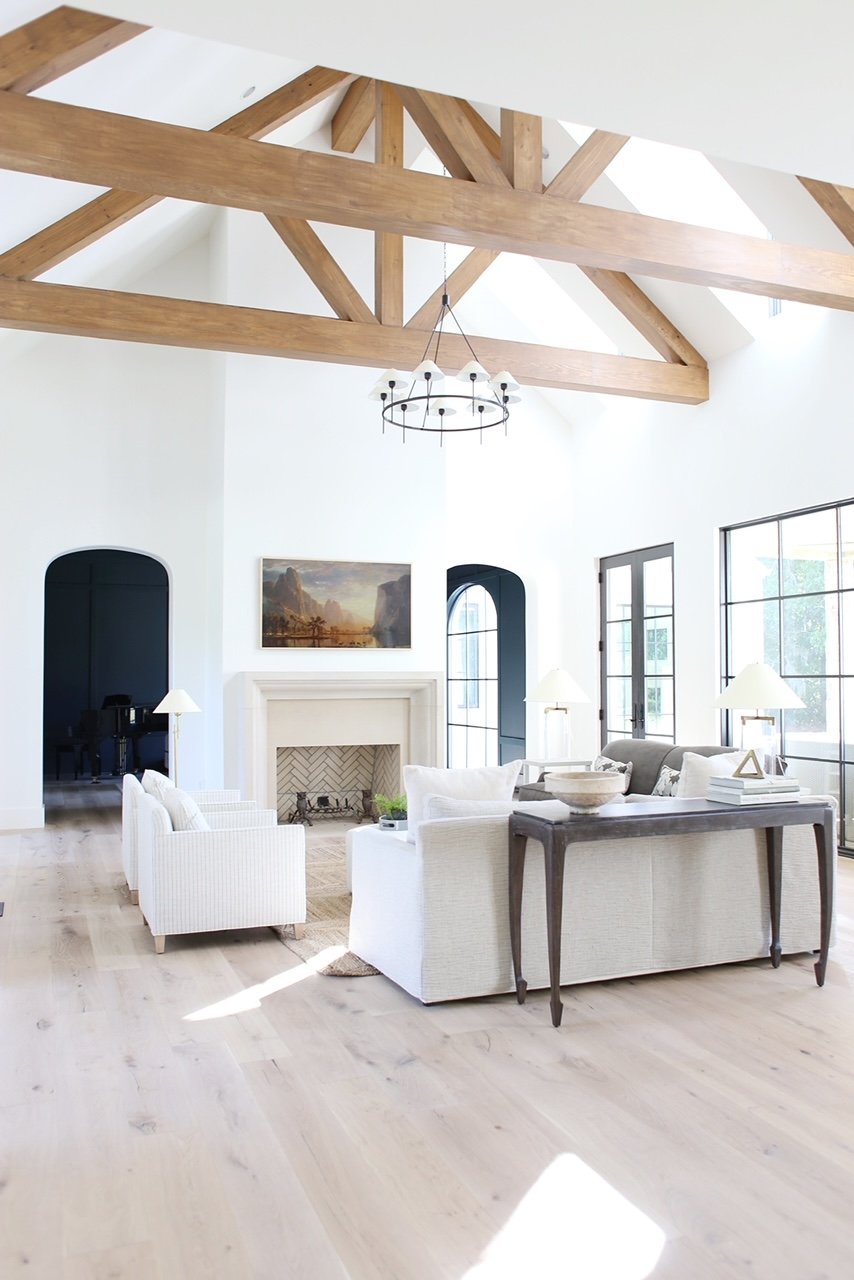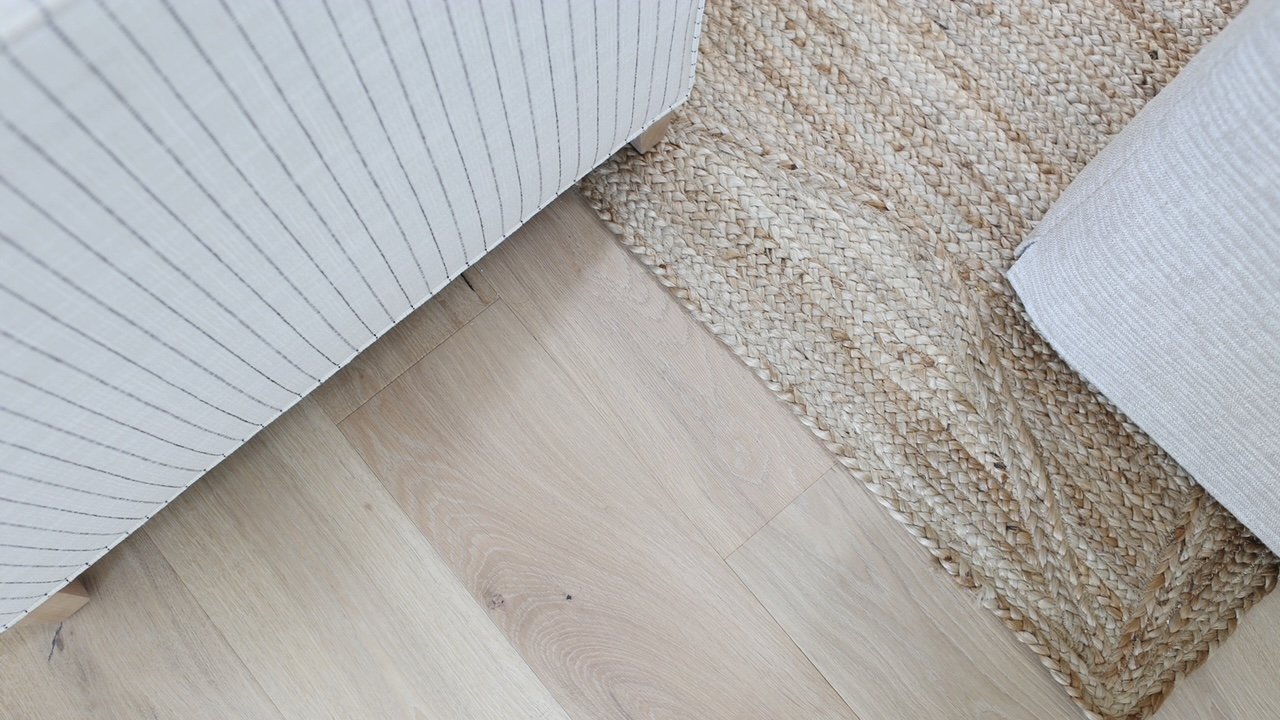Do Wood Floors Really Increase the Value of Your Home?
Think back to all the home renovation shows you’ve watched over the years. Have you never seen someone gasp with excitement as they remove a 30-year-old carpet to uncover the home’s original laminate floor? Nope! But when they find hardwood floors under there? Now that’s something they get excited about.
Whether it’s reclaimed from a building or comes straight from a tree, the truth is, you can’t beat a real wood floor. Wood brings warmth to any room. It’s timeless. And with proper care and maintenance, it can last you a lifetime.
But are real wood floors really worth the investment? The flooring experts at Pool Brothers answer that question and more for you in this blog post.
Are Wood Floors Really Worth It?
Every year, countless homeowners have wood flooring installed—and not just because it looks great. Some studies show wood floors can increase your home’s value by three to five percent. This is extremely attractive for South Georgia homeowners, especially if you're looking to sell your home soon and want to spend the least amount of money for the highest return on your investment.
On average, hardwood flooring costs around $5-$14 per square foot for materials and an additional $3-$8 per square foot for labor. And if you don’t plan to move anytime soon, wood floors may be a worthwhile investment. According to a Remodeling Impact Report from the National Association of Realtors, around 80% of homeowners have a greater desire to stay in their homes after installing new wood floors. So if you plan on staying where you’re at for a while or are in the process of building your dream home, higher-quality wood flooring may be the way to go.
Three Reasons Hardwood Floors are Worth the Investment
We get it. Installing new flooring is not the cheapest home improvement project on your list. But trust us–the investment is worth it. Here are a few reasons we recommend wood installing wood floors in your home.
Reason #1: Wood Floors Are a Longterm Investment
There are many other flooring options available that are good options for short-term cost savings. Let’s take laminate flooring for example. You might spend less on laminate flooring today. But when it’s time to replace or update your floors down the road, replacing the laminate flooring would likely cost more than simply refinishing the existing hardwood or engineered wood floors in your home.
Reason #2: Wood Floors Stand The Test of Time
Wood flooring is durable. When you care for it properly, it will last, and it can easily be restored or refinished years later. In fact, our Pool Brothers team has refinished over 100-year-old wood floors on many occasions.
Reason #3: Wood Floors Are Timeless
Wood flooring will never go out of style. But do you know what does? Trendy flooring materials and floors featuring in-the-moment designs or patterns. Wood flooring is the way to go if you want a classic look for your floors and a material that can stand the test of time.
Which Option Is Better: Hardwood Floors vs. Engineered Wood Floor
First things first–hardwood and engineered wood flooring are both made of REAL WORD. And now that we’ve set the record straight on that misconception let’s discuss the difference between these two wonderful REAL WOOD flooring options, so you can decide which option is best for your home.
The Thickness of The Wood
Solid hardwood flooring is thick, typically around 3/4 of an inch. Engineered wood flooring is typically around 3/8 to 9/16 of an inch thick. The main difference is the wood used for hardwood floors is one piece of solid wood all the way through. With engineered wood, there are multiple layers of real wood rather than just one solid piece. Why does this matter? It depends on how often you (or other potential homeowners) plan on refinishing your floors. Even though both options can often be refinished and restored many times, you may get more life out of solid hardwood floors.
The Number of Times You Can Refinish the Floors
Traditional hardwood flooring can typically be sanded and refinished about four times over its lifetime, but sometimes more. Engineered wood typically only be sanded and refinished about once or twice before it needs to be replaced.
The Stability of the Material
Engineered wood is durable, and it certainly has its benefits. Engineered floors are often resistant to warping, so they perform slightly better in humid locations than hardwood.
The Price Difference
Engineered wood flooring can sometimes be the less expensive option when compared to hardwood flooring. However, that’s not always the case. Solid hardwood flooring typically costs between $5-$14 per square foot. Engineered wood flooring tends to fall within the $3-$10 range.
Pictured above are hardwood flooring installation projects and hardwood floors refinished by Pool Brothers Cabinets + Flooring + Lighting.
Pictured above are engineered wood flooring projects by Pool Brothers Cabinets + Flooring + Lighting.
Which Flooring Option Will Last Longer?
The truth is, the answer isn’t that simple. Both flooring options are great, and the best option for you really depends on how long you plan to be in your home, your budget, and the overall look you’re going for. In general, any flooring–regardless of the material–will last longer when installed correctly by experienced professionals and when the homeowner properly maintains it. At Pool Brothers, we have extensive knowledge and experience with all types of wood flooring options and installation. And we will help you pick the best option for your home.


